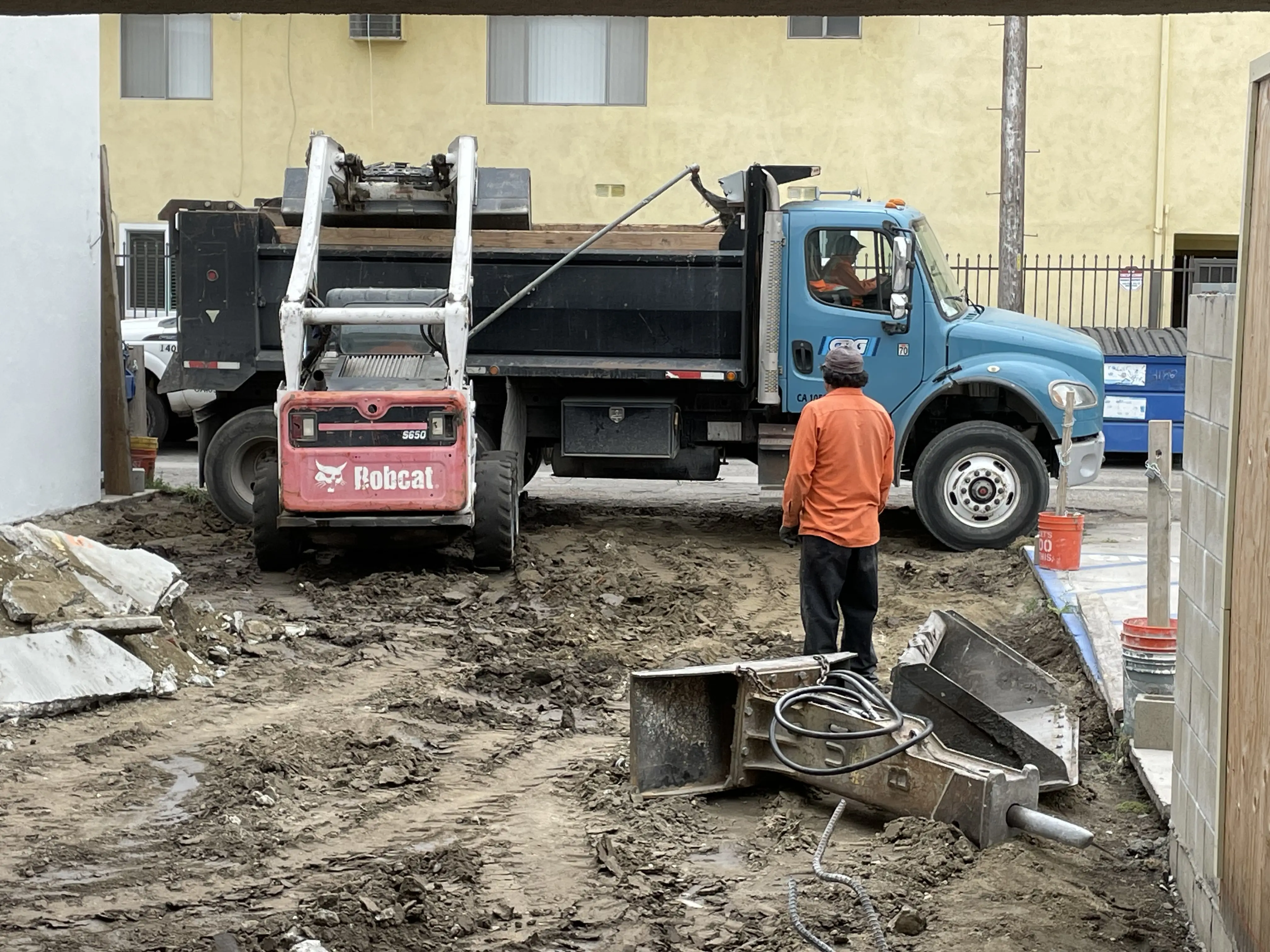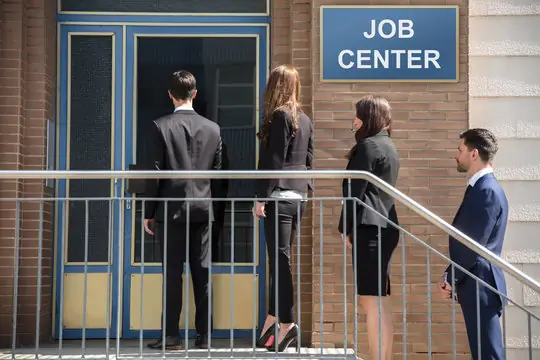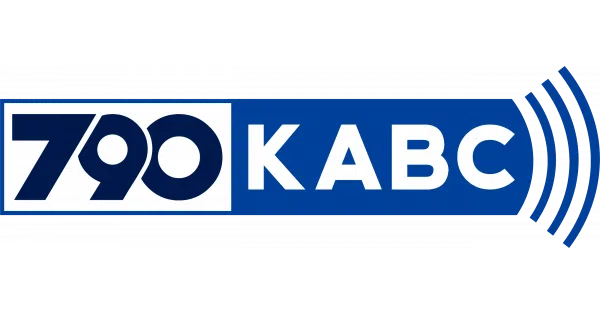Riverside Wrongful Termination Lawyer
Merely being terminated due to a work related injury is a difficult issue now that two different California Courts of Appeal have come to different rulings on this issue. Until the Employment Lawyers Group or another employment lawyer gets this issue before the California Supreme Court, if you suspect that your termination of employment was due to a work related injury, it is important that you speak to the Employment Lawyers Group who has experienced attorneys in this area who can properly advise you whether you can sue for the loss of your job.
Call (951) 367-1000 to Speak to an Experienced Wrongful Termination Lawyer

Failing to provide safety devices as required in 6401, 6403, 6404, 6406(d).
Understanding California Wrongful Termination Law The California Supreme Court has recognized that an employer's termination of an employee for reporting an alleged violation of a statue of public importance represents one category of wrongful discharge in violation of public policy, Gantt v. Sentry, 1 Cal.4th 1083, 1090-1091 (1992) citing approvingly in Turner v. Anheuser-Busch, 7 Cal.4th 1238, 1256, 32 Cal.Rptr.2d 223, 235 (1994). Moreover, wrongful termination can be based upon an employee checking on and trying to report possible illegal conduct to company officials, Collier v. Sup. Crt. 228 Cal.App.3d 1117, 1121, 279 Cal.Rptr. 453 (1991). "Retaliation by an employer when an employee seeks to further...public policy by responsibly reporting suspicions of illegal conduct to the employer seriously impairs the public interest" and is enough for wrongful termination, at 1127, 458. [A]n employee need not provide an actual violation of the law; it suffices if the employer fired him for reporting his 'reasonably based suspicions' of illegal activity, Green v. Ralee Eng. Co. 19 Cal.4th 66, 87, 78 Cal.Rptr.2d 16 , 29 (1998) referencing Collier, 1125.
In Holmes v. General Dynamics, 17 Cal.App.4th 1418, 1423, 22 Cal.Rptr.2d 172, 174 (1993) the appellate court upheld a jury verdict for wrongful termination in which the evidence was that the plaintiff was fired for telling management their conduct violated a statute regulating public policy. The Holmes court held it was proper to instruct the jury that "employers shall not terminate employees in retaliation for disclosing to the employer's management a practice of the employer that violates the False Statements Act," at 1433, 181. The Holmes court held the instruction was proper and provided clarification what the word disclose means. The Holmes court held that disclosing means to "expose to view, as by removing a cover; uncover...The make known; divulge," Id. An employer who fires an employee for 'exposing to view or 'making known' an employer's illegal conduct plainly violates a 'fundamental' or 'substantial' public policy regardless of the militancy or the decibel level of the report and even if the employee has chosen not to actively oppose the illegal conduct. A contrary rule would provide corporate managers incentive to terminate any employee after the employee has reported illegal activity but before the employees has had the opportunity to 'protest' such activity. Moreover, such rule would unfairly penalize an employee, such as Holmes, who deems it appropriate to address the situation by working through company channels rather than engaging in some form of adversarial conduct, Id.
An action for tortious discharge is not strictly limited to those situations where an employer retaliated against an employee for refusing to violate a statute, performing a statutory obligation, exercising a statutory right, or reporting an alleged violation of a statute of public importance, Gould v. Maryland, 31 Cal.App.4th 1147, 37 Cal.Rptr.2d 723 (2nd Dist. 1995). An action for tortious discharge exists wherever the basis of the discharge contravenes a fundamental public policy, Id. Additionally, Soules v. Cadam, 2 Cal.App.4th 390, 401-402 3 Cal.Rptr.2d 6, 12 (review denied 1992) held "The rule that an employee may pursue an action for tortious constructive discharge in violation of public policy is not limited to situations where, as a condition of employment, the employer coerces the employee to commit an act that violates public policy or restrains the employee from exercising a fundamental right. Such an action will lie wherever the basis of the discharge contravenes a fundamental public policy," Fundamental public policies, for the purpose of the tort of wrongful termination, include statutes, regulations, and constitutional provisions, Green at 71. Where the lawmaking power speaks on a subject over which it has constitutional power to legislate, public policy is what the statute enacts, Thome v. Macken, 58 Cal.App.2d 76 (1943). Defendant has not cited a single case stating that any statute Masey bases his public policy argument on fail to inure to the public benefit thereby creating a wrongful termination cause of action.
In order to go forward with a Tameny styled wrongful termination lawsuit, the employee does not have to affirmatively refuse to engage in statutorily prohibited conduct, or complain about statutorily prohibited conduct. The courts have ruled that terminations in order to violate certain statutes create liability under this tort. Gould v. Maryland, 31 Cal.App.4th 1137, 1148, 37 Cal.Rptr.2d 718, 724 (1995) held an employer's termination of an employee to avoid paying accrued commissions and vacation pay violated California Labor Code Section 201 and created a wrongful termination case.
Workplace Safety Violations Can Lead to Wrongful Termination
The California Labor Code has a variety of provisions (statutes) that require employers to provide safety and healthful work environments. The following Labor Code Sections require employers to provide workers with a safe place of employment and safety devices, California Labor Code Sections 6400, 6402, failing to provide safety devices as required in 6401, 6403, 6404, 6406(d).
- California Labor Code Section 6308 requires employers to provide necessary information about the correct safety gear. California Labor Code Section 6306 requires employers to provide safety equipment to workers.
- California Labor Code Section 6310 prohibits discharge and discrimination because an employee has participated in a health and safety committee under Section 6401.7, or caused to be instituted any proceeding relating to an employee's rights about safety.
- Failing to provide safety devices as required in 6401, 6403, 6404, 6406(d).
The letter and spirit of California Labor Code Section 6300 indicates it was enacted for the purpose of ensuring a safe and healthful work environment and encouraging employers to provide training about such.
The Labor Code also prohibits employers from exposing workers to hazardous substances, California Labor Code Section 6370.
Workplaces where the employees are subjected to unsafe or unhealthful conditions are not legal. If an employee is discharged or retaliated against for complaining about these types of work environments, they may have a wrongful termination case.
Contact us or call (951) 367-1000 to speak to a Riverside wrongful termination lawyer. If you're located in Los Angeles County click here Work Lawyer CA.
Terminations Of Employment That Are Carried Out As Part Of A Plan To Defraud Are Wrongful TerminationFraud is against public policy in the State of California, and is not a foreseeable part of an employment relationship. The Lazar Court remarked there is a "public interest" in pursuing the "policy objectives" underlying an action for misrepresentations based upon Section Civil Code Section 1710, Lazar v. Rykoff, 12 Cal.4th 646, Cal.Rptr.2d 386. Green v. Ralee Eng. Co. 19 Cal.4th 66, 79, 78 Cal.Rptr.2d 16 also declared fraud an applicable public policy supporting a Tameny-styled wrongful termination cause of action.
- Examples of terminations that are carried out as part of a plan to defraud include:
- Hiring an employees with promises of long term employment when the employer knows they are merely hiring the employee to pick their brain, and often divulge trade secrets;
- Making misrepresentations about the financial health of the employer when the employer knows they may not be able to afford the employee's salary very long; firing an employee because they have complained of fraud being carried out towards customers, the government, or the public;
- Firing an employee to avoid paying a wage due, including a large commission or bonus that is due.
Wrongful Termination To Terminate An Employee Based Upon Anything Resulting From A Worker's Compensation

California Labor Code Section 132a reads: It is declared policy of this state that there should not be discrimination against workers who are injured in the course of their employment. (1) Any employer who discharges, or threatens to discharge, or in any manner discriminated against any employee because he or she has filed or made known his intention to file a claim for compensation with his or her employer or an application for adjudication, or because the employee has received a rating, award, or settlement...is guilty of a misdemeanor and the employee's compensation shall be increased by one-half, but in no event more than ten thousand dollars ($10,000), together with costs and expenses... Employers may not fire employees because they have to take time off for medical treatment. Nor can employees be fired for filing a worker's compensation claim. Other examples of wrongful termination and/or retaliation due to a work related injury include:
- Firing an employee for not being able to come back to work when their doctor has them off;
- Not allowing an employee to conclude their medical treatment prior to terminating them;
- Requiring the employee to show up to work even though their doctor has put the employee off work;
- Failing to properly dispute the level of treatment being prescribed to the employee.
In 2012 a California Court ruled the above issues are limited to workers compensation remedies. A pure termination of employment no longer supports a wrongful termination lawsuit in California. Employee's fired due to work injury still may be able to sue for wrongful termination, outside The Workers Compensation System, if they were terminated in Violation of disability or CFRA/FMLA rights. Call (951) 367-1000 if you were fired due to a work injury that may constitute a disability or should have been covered by Family Medical Leave rights. Wrongful termination could cause a lot of hardships on individuals. It exists if you are terminated due to a discriminatory reason, protected characteristic, or work injury. We can help you get the compensation you rightfully deserve.
Proudly Representing Employees In: Banning, Beaumont, Blythe, Cathedral City, Coachella, Corona, Hemet, Indio, Jurupa Valley, Lake Elsinore, La Quinta, Menifee, Moreno Valley, Murrieta, Norco, Palm Desert, Palm Springs, Perris, Rancho Mirage, Riverside, San Jacinoto, Temecula.
Our Firm: No upfront fees or costs
Contingency Fee Representation
All employment cases for employees are taken on a contingency basis. We are only paid a fee when and if we win your case, and we advance all litigation costs. Our goal is to make expert legal representation accessible to every hardworking employee.
Serving Riverside County
We have proudly served all of Riverside County since 1993.
The Employment Lawyers Group has successfully handled
2,000+
Separate California Employment Cases
Media Engagements
Sample Case Results
Employment Case
$18,402,868
Jury verdict for male visually harassed and subject to crude comments by a female manager
breach of commission contract
$1,150,000
Unpaid commissions of two plaintiffs
unpaid wages
$875,000
For 4 oil field service industry workers whose times worked were not recorded on timesheets and were on-call
Disclaimer: These results are based on the facts of these specific cases and do not guarantee or predict a similar result in any future case.
Practice Areas
Discrimination
Age, Disability, Family Medical Leave (FMLA/CFRA), Gender, National Origin, Pregnancy, Race, and Sexual Orientation claims.
Unpaid Wages & Overtime
Recovering earnings for Overtime, Bonuses, Commissions, Meal & Rest Breaks, and Prevailing Wage violations.
Sexual Harassment
Compassionate and effective representation for victims of sexual harassment and hostile work environment claims.
Wrongful Termination
Representing employees terminated in violation of public policy, contracts, or California and Federal law.
Leaves & Retaliation
Protecting employees who face adverse actions after reporting illegal activity or taking protected medical leave.
Whistleblowers
Advocating for employees who report fraud, waste, or abuse in their organizations under whistleblower protections.
Our California Locations
![]() Bakersfield
Bakersfield
5401 Business Park S, #214,
Bakersfield CA 93309
![]() Sacramento
Sacramento
777 Campus Commons Rd, #200,
Sacramento CA 95825
![]() San Francisco
San Francisco
524 Union St, #400,
San Francisco CA 94133
Additional Sites
About Firm Founder, Karl Gerber
Firm Founder, Karl Gerber, has been an employment wrongful termination attorney since 1993. He has represented a wide range of employees throughout California.
Mr. Gerber has won 51 of the binding arbitrations and jury trials he first chaired, and a number of his appeals are published. This deep trial experience is the foundation of the firm's strategic approach to litigation.
The employment attorneys employed by the Employment Lawyers Group have worked at the firm well in excess of five years, have also tried many different labor cases, and have all been extensively trained on employment wrongful termination by Karl Gerber.
Ready to Discuss Your Case?
Your rights as an employee matter. Contact us for a free, confidential case review.
Contact Us
Share Your Workplace Situation Directly With Our Attorneys Via This Form.













